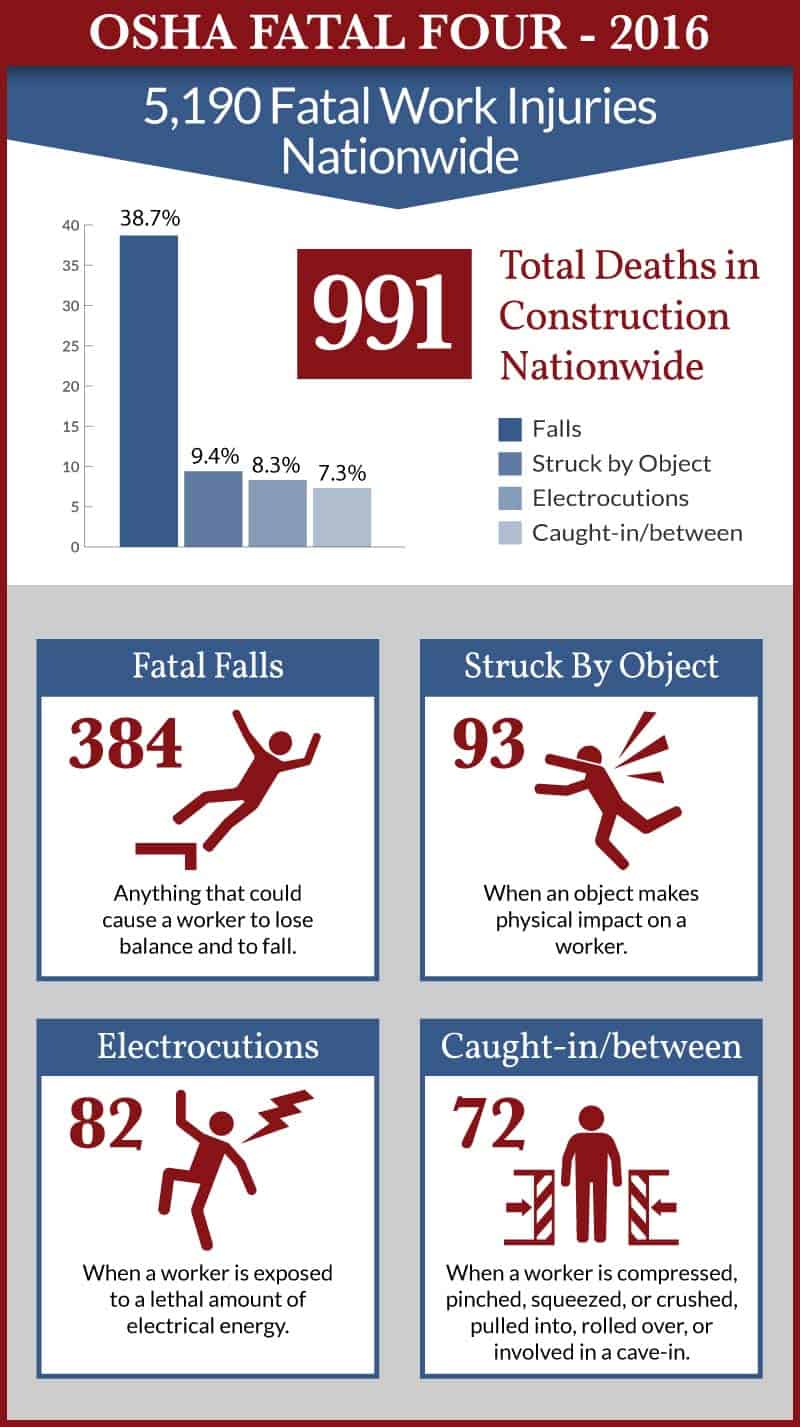Are Remote Workers Concerned About Their Mental Health?

While working from home has its advantages, many remote employees are concerned about their mental health, according to a recent study by health insurance provider, Aetna International. However, not all mental illnesses are covered by Workers’ Compensation. In Pennsylvania, there are only three types of mental injury claims that workers can file.
Employee Perspectives
The number of people working from home has substantially increased since the start of the Coronavirus (COVID-19) pandemic. The Aetna survey asked employees what health issues they were most concerned about when working from home versus in the office. Forty-eight percent of surveyors stated that they were most concerned about contracting COVID-19 in the office. Other concerning health issues included stress, influenza, and other common diseases, mental health issues, musculoskeletal problems, and fatigue.
Those surveyed cited mental health issues, such as depression or anxiety, as one of the health problems they were most concerned about when working from home, second only to gaining weight. Also, 68 percent said that their employer’s mental health care provision is more important to them now than before the impact of COVID-19. Sixty-three percent of surveyors think their employer should be spending more on health benefits and resources. When asked about what has negatively impacted their performance at work, 32 percent said their mental health, while 42 percent said remote work has influenced their productivity.
Lack of interaction with coworkers and feelings of isolation can exacerbate mental health issues among remote workers. To foster a supportive work from home culture, employers should provide workers with access to personalized health care, including treatment for mental health injuries, as well as flexible working arrangements.
Do Employers Have a Duty to Safeguard Workers?
Employers are required by law to provide safe workplaces for their employees, including ensuring that the workplace is free from serious hazards. Employers must comply with applicable legal standards, rules, and regulations. However, when it comes to home-based work, employers have little legal responsibility under the Occupational Safety and Health Act (OSH Act). The Occupational Safety and Health Administration (OSHA) will not conduct inspections of employees’ home offices, nor will the agency hold employees liable for workers’ home office conditions. However, OSHA does encourage employers to adopt a safety and health program in order to prevent workplace injuries and illnesses, and to increase productivity.
Prior to COVID-19, only seven percent of civilian U.S. workers had access to flexible workplace benefits, such as remote work, according to the 2019 National Compensation Survey from the Bureau of Labor Statistics (BLS). Now that telework is becoming more commonplace, employers are being challenged to shift their approach to employee health and well-being.
Can Remote Workers Receive Workers’ Compensation for Mental Health Injuries?
Many people experience stress or anxiety associated with work, and these types of ubiquitous claims are generally not compensable. However, when the stress rises to the level of a mental illness that interferes with their ability to do their job, Pennsylvania workers may wonder whether they can claim Workers’ Compensation. Just like physical injuries, mental injuries may be covered by Workers’ Compensation if they are work-related. While some mental injuries may be compensable under the Pennsylvania Workers’ Compensation Act, not all qualify. There are three types of mental health injury claims in Pennsylvania:
Physical/Mental Claims
Under this standard, the worker must have had a physical injury that caused their mental injury. For example, depression, post-traumatic stress disorder (PTSD), and other mental health conditions often result from a physical injury, especially if the injury is debilitating.
The physical injury does not need to be debilitating in order for the employee to obtain Workers’ Compensation benefits. In order for the worker to recover for a mental injury, they must prove that the physical stimulus was work-related and that it caused their mental injury. Under these circumstances, employees may be able to claim Workers’ Compensation benefits for both the triggering physical injuries, as well as the resulting mental health injuries.
Mental/Physical Claims
According to the Centers for Disease Control and Prevention (CDC), many people with mental health disorders also require care for physical conditions, such as heart disease, diabetes, and respiratory illness. Being in a state of constant stress can negatively affect the body’s organs and functions, as well as reduce job performance and productivity.
In order to collect Workers’ Compensation under this standard, an employee must prove that the psychological stimulus that caused the physical injury was work-related. To qualify for benefits under this standard, a worker must also show that their physical injury persists after the removal of the psychological stimulus. A worker must show that they suffered a disability or loss of earning power that was caused by the physical condition, not the psychological stimulus.
Mental/Mental Claims
The mental/mental standard allows a claimant to collect benefits for the psychological trauma that was transformed into a mental condition. However, this is the most difficult burden of proof for Workers’ Compensation claimants to meet. To prove that a single traumatic event or stressful working environment caused a compensable mental/mental injury, an employee must show that a specific, extraordinary event occurred at work, which caused the trauma or an abnormal working condition.
Whether an event is considered extraordinary depends on the worker’s job. Those belonging to inherently dangerous professions may have more difficulty in establishing that a work-related traumatic event was extraordinary. However, the state Supreme Court has clarified that workers who are exposed to traumatic events as part of their job are not automatically barred from recovery under the mental/mental standard. If the specific event that caused the psychological condition is abnormal, the worker may be able to collect benefits.
How Do I File a Claim for a Work-Related Mental Injury?
To recover Workers’ Compensation benefits for mental health injuries in Pennsylvania, employees must go through the same process as they would for physical injury claims. Under the Workers’ Compensation Act, employees should report their injuries to their employers within 21 days; those who do not report within 120 days may be barred from recovery.
It is important to seek medical attention as soon as possible to establish documentation of the mental health condition. For the first 90 days, a worker may be required to seek treatment from a doctor of their employer’s choosing in order to receive compensation. After the time period has lapsed, a worker is free to see a doctor of their choice.
Most Pennsylvania employers are required to carry Workers’ Compensation insurance, which is designed to compensate employees for workplace accidents, regardless of fault. Those who are eligible may receive different types of benefits, including:
- Medical expense compensation
- Payment for lost wages
- Specific loss benefits
- Death benefits
Typically, a worker has three years from the date they were injured or discovered their illness to file their claim in order to comply with the statute of limitations. An experienced lawyer can help a claimant meet all of the legal requirements and avoid potential conflicts and delays in the claim or appeal process.
Bucks County Workers’ Compensation Lawyers at Freedman & Lorry, P.C. Assist Injured Employees with Mental Health Claims
If you have a work-related mental injury, contact a Bucks County Workers’ Compensation lawyer at Freedman & Lorry, P.C. Our dedicated legal team advocates for workers with serious mental injuries. For a free consultation, contact us online or call us at 215-925-8400. Located in Philadelphia, Cherry Hill, and New Jersey, we proudly serve clients throughout Pennsylvania.
